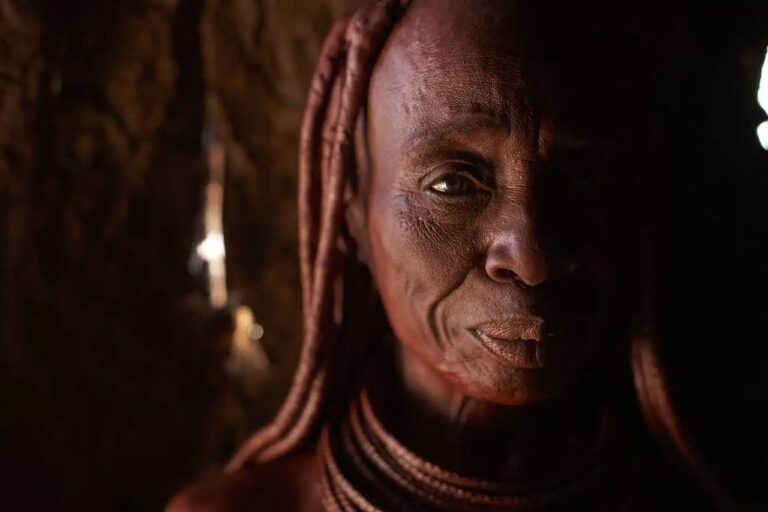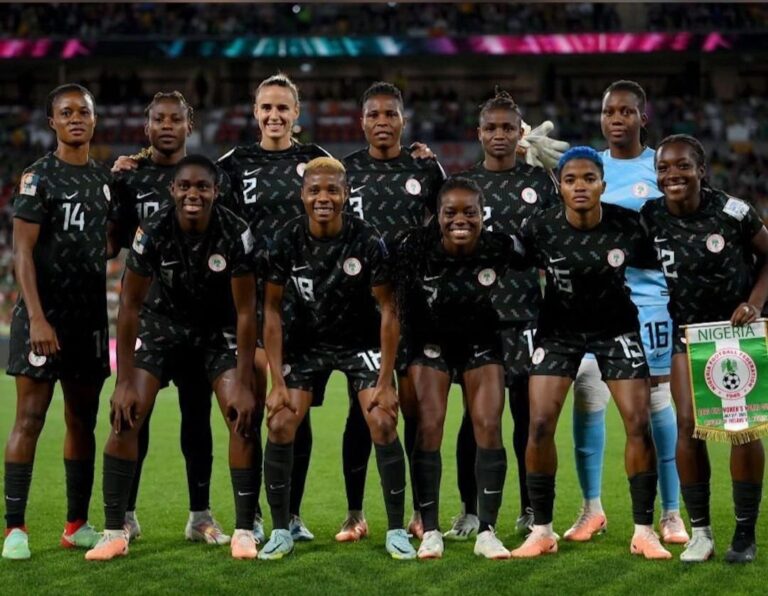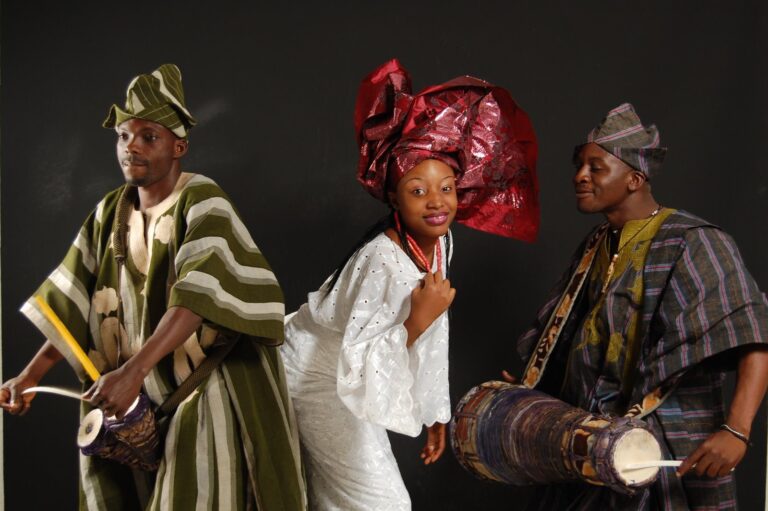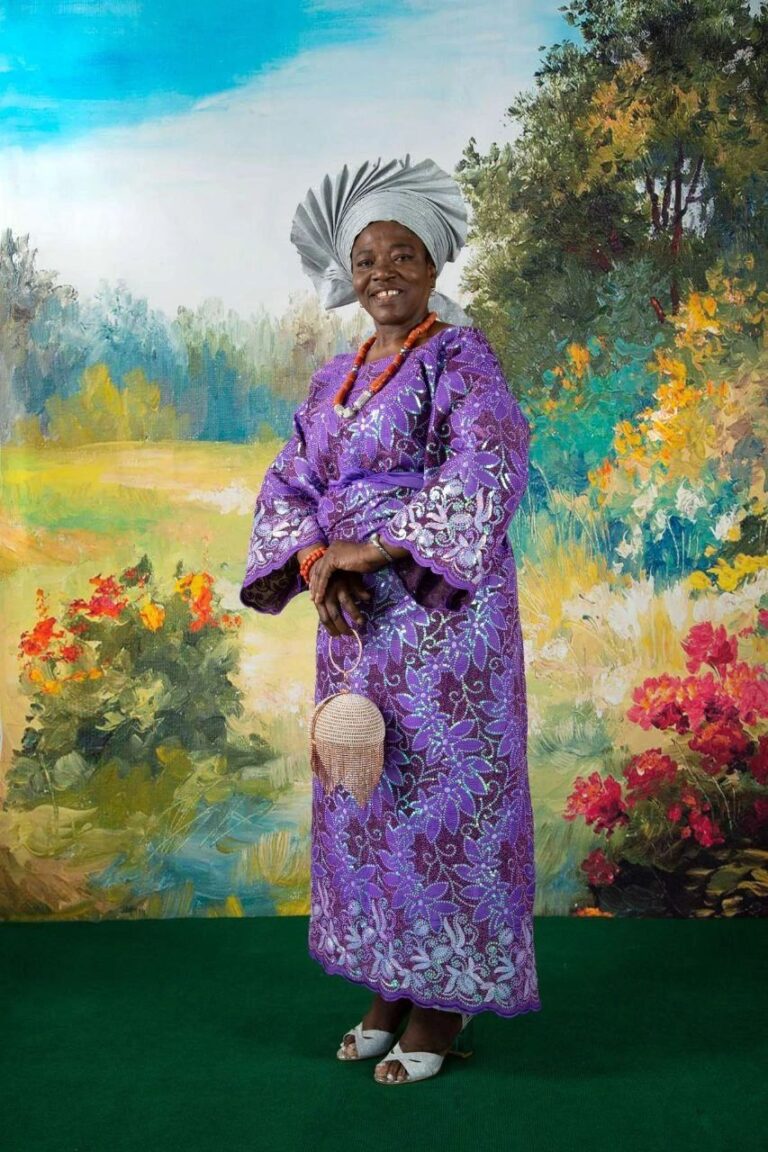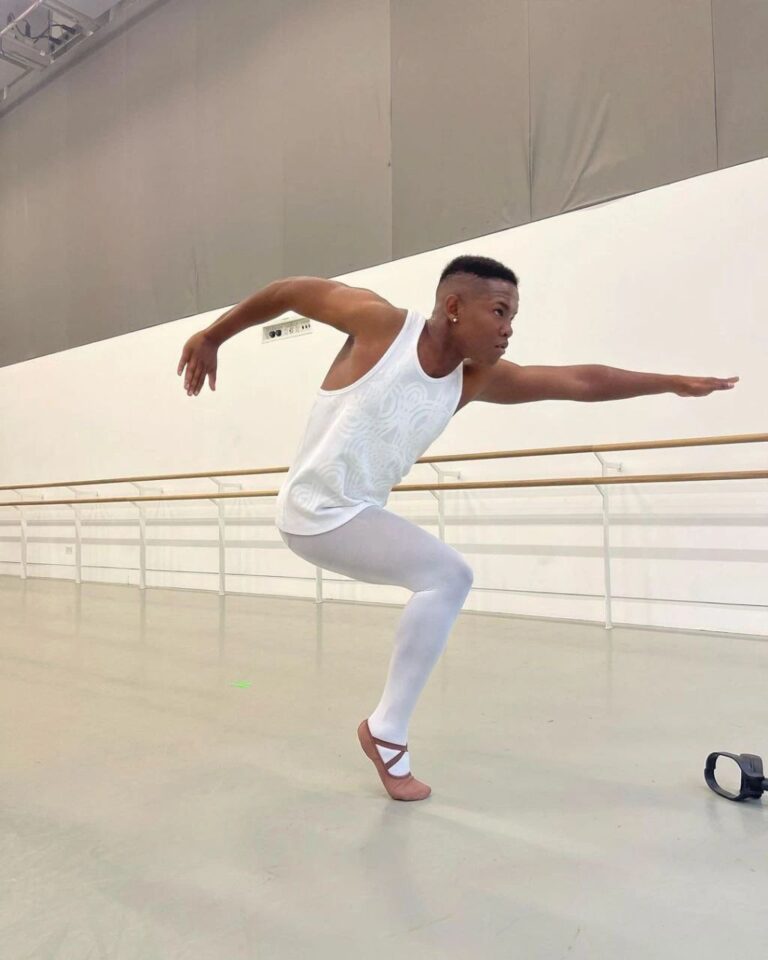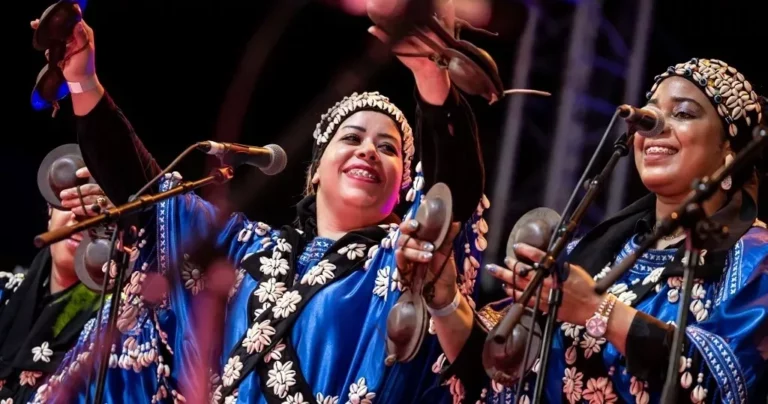African Games: 5 Traditional Games to Teach Your Children
Connecting our children to our African heritage can be achieved through traditional games. Despite the digital age we live in, it’s nice to introduce games that have been played for generations. These games offer more than just entertainment, they encourage social interaction, cultural appreciation, and community building.
Let’s look at five classic African games that can provide your children with a fun and educational experience.
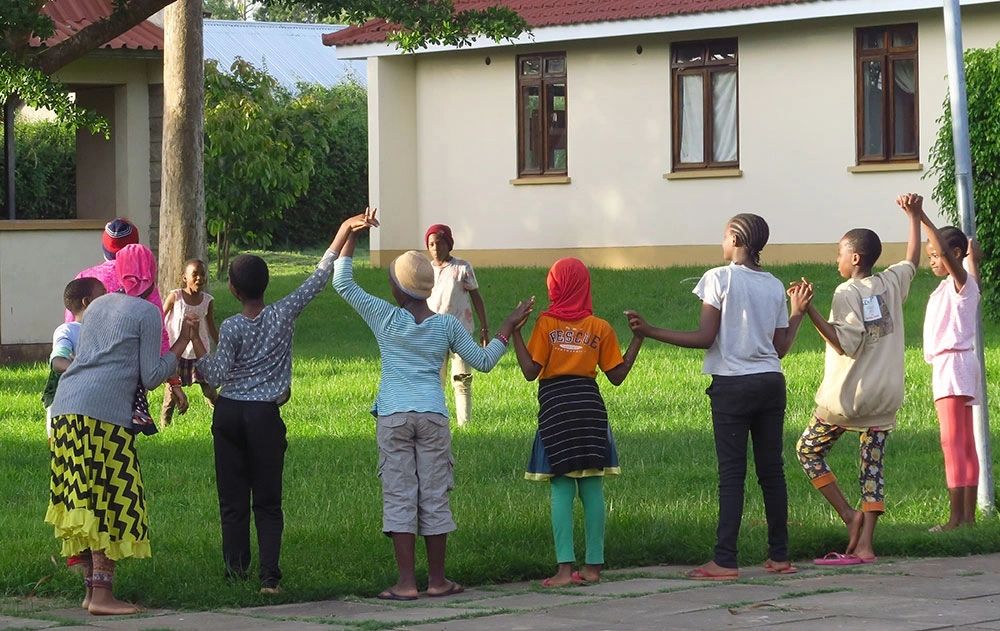
- Mancala
This game originates from Egypt and has several variations such as Ayo which is popular amongst the Yorubas and Oware amongst the Ashantis of Ghana. Mancala is a traditional African board game played using seeds or stones and a hardwood board with numerous little pits or houses. The goal is to capture your opponent’s pieces while strategically spreading your own. The game is considered to be the oldest in the world. It encourages critical thinking and strategic planning in children. It also develops their counting skills and patience.
- Morabaraba
Morabaraba is an ancient board game played in South Africa with 12 pieces called “cows”. It is also known as Umlabalaba. The goal is to line up three cows and remove the opponent’s cows after filling a row. The winner is the player who removes the most cows or leaves their opponent with only two cows. The game is also known as 12 Men’s Morris. Though the game has a special board, it can easily be created on rock, sand and other surfaces. It is an excellent choice for teaching kids problem-solving and decision-making skills.
- Nhodo
Nhodo is an ancient game that has been played in Zimbabwe for over a thousand years. The game is played in a circle with ten stones put inside. Each player has their own stone, known as the mbuga. The first player throws their mbuga into the air and tries to scoop up as many stones as they can before the mbuga falls back to the ground. The player then throws the mbuga again, this time attempting to catch it. If the player captures the mbuga, the stones they scooped up are theirs to retain. If the player does not catch the mbuga, their turn passes to the next player. The game will continue until one person has collected all of the stones.
- Ampe
Ampe is a popular game in Ghana that combines physical activity with mental agility. Participants elect a leader who stands in front of a semicircle formed by the others. The leader and a player clap and jump while stepping forward with one foot. If they step forward with the same foot, the player replaces the leader. If not, the challenge continues with the next player. Leaders earn one point for each player they defeat. After each player has taken their turn, the points are added up, and the player with the most points wins the game. This game is a great way for kids to improve their hand-eye coordination.
- Suwe
Suwe is a popular game in the southwestern part of Nigeria. The game begins with each player clutching a pebble, which could be metal or plastic. This game requires at least two individuals, although the number can be increased. The pitch is drawn in a rectangular shape split by lines. Each player hops on one leg after throwing a pebble into a square. The goal is to avoid stepping on the pebble-filled square.
Get your children together and start the games as you set out on an adventure to discover colourful African traditions with these fun and informative games.


